
Our group is engaged in the development of materials and technologies aimed at promoting energy transition and environmental sustainability. Through our activities, we address issues ranging from energy production, recovery, and storage to the synthesis of new materials. With a focus on carbon neutrality, we also develop carbon-negative approaches and technologies for CO2 capture and reduction through electrochemical systems and electrocatalysts, utilizing both experimental approaches and simulations. We develop electrochemical systems for the production, storage, and use of Green Hydrogen, including through bio-electrochemical approaches. With a focus on recycling and recovery, we design and/or modify polymeric and composite materials from biomass using environmentally friendly processes with low energy impact.
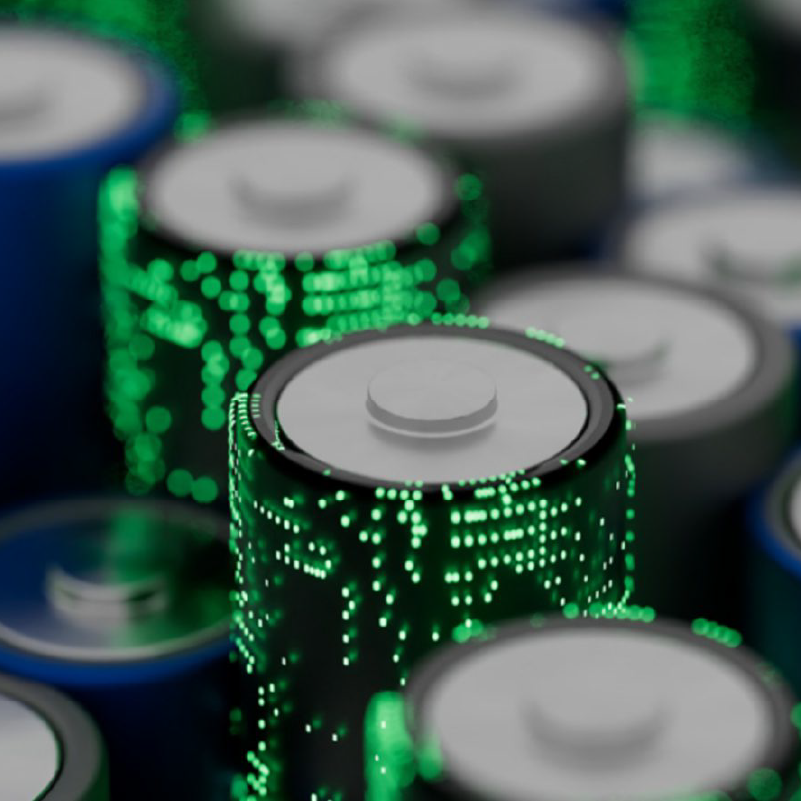
Our group is actively engaged in the development of sustainable energy storage devices. To this end, different electrodes, from carbon-based materials to metal oxides, are combined into various types of capacitors: Electric Double Layer Capacitors (EDLCs), hybrid capacitors, and pseudo capacitors. The devices thus created can be used in several application fields, from smart textiles to wearable and/or implantable devices. In the case of the biomedical field, the development of biocompatible and biodegradable electrodes and electrolytes employing both wet and dry synthesis approaches is of crucial importance. Additionally, we are working on integrating supercapacitors with energy harvesting devices to create self charging and portable powerpacks for wearable and/or implantable devices.
Our research strives to harness blue energy, which involves converting a salinity gradient into electrical energy. We are optimizing nanomaterials for Capacitive Mixing (CapMIX) and 2D material-based membranes for Reverse ElectroDialysis (RED) applications to enhance energy generation efficiency and sustainability. Additionally, we are developing innovative approaches for water purification and raw materials recovery. Our work spans from material synthesis and membrane design to system optimization, all employing a multidisciplinary approach. We are developing MFC-type bioelectrochemical systems (microbial fuel cells) for energy recovery from organic matter in environmental and industrial waters to develop processes for energy valorization of waste and scrap.

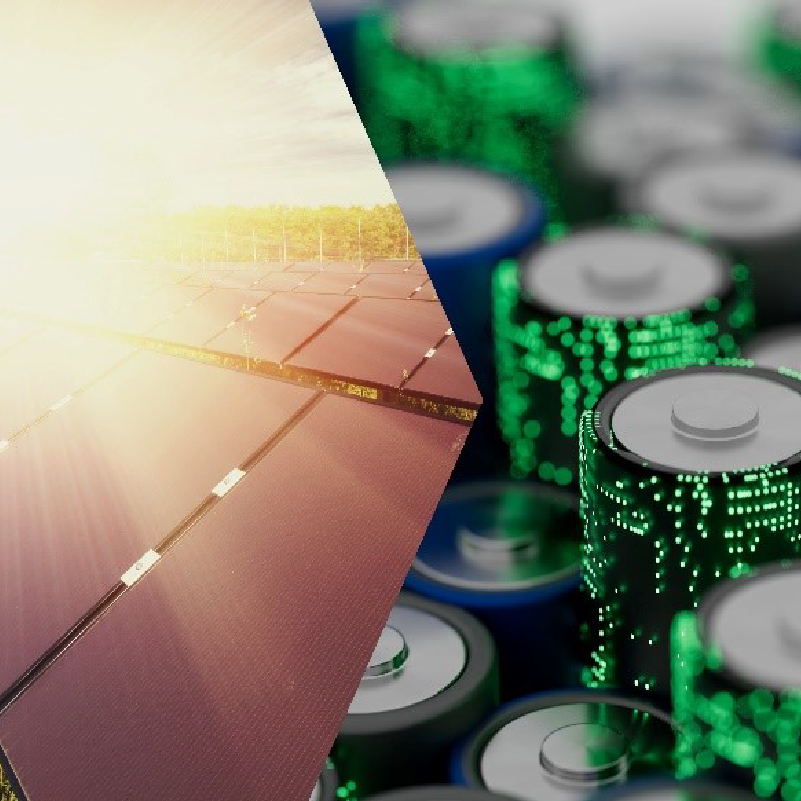
We work on the integration of energy harvesting devices with supercapacitors to create self charging and portable powerpacks for wearable and/or implantable devices, reaching energy autonomy in both indoor and outdoor environments. We work with third-generation photovoltaic technologies, particularly focusing on dye-sensitized solar cells (DSSCs). These offer high efficiency in diffuse and low-light conditions and offer a sustainable and straightforward fabrication process. We are also developing photovoltaic devices tailored for indoor applications, addressing the need for energy autonomy in artificial illumination conditions.
The MP4MNT research group is committed to promoting the use of green H2 through research and development of methods and techniques for its production and use, including storage. This includes the study and development of systems to produce hydrogen from renewables, in particular low-temperature electrolysers, alongside with the design, development and testing of low-temperature fuel cells. Using a multidisciplinary approach, our work focuses on the development of innovative technological processes to develop Pt-free electro-catalysts, porous conductive electrodes, ion exchange membranes and new device architectures. A significant example is our research on ion exchange membranes and binders for fluorine free catalysts, justified by the need to reduce the environmental impact and improve the sustainability of the processes. Our ability to produce and use green hydrogen with traditional electrochemical processes is supported by consolidated experience in bio-electrochemical processes that allow the valorization of organic material, wastewater and waste into electricity and hydrogen. We are also actively working on absorption storage techniques in nanostructured matrices or chemical absorption techniques.

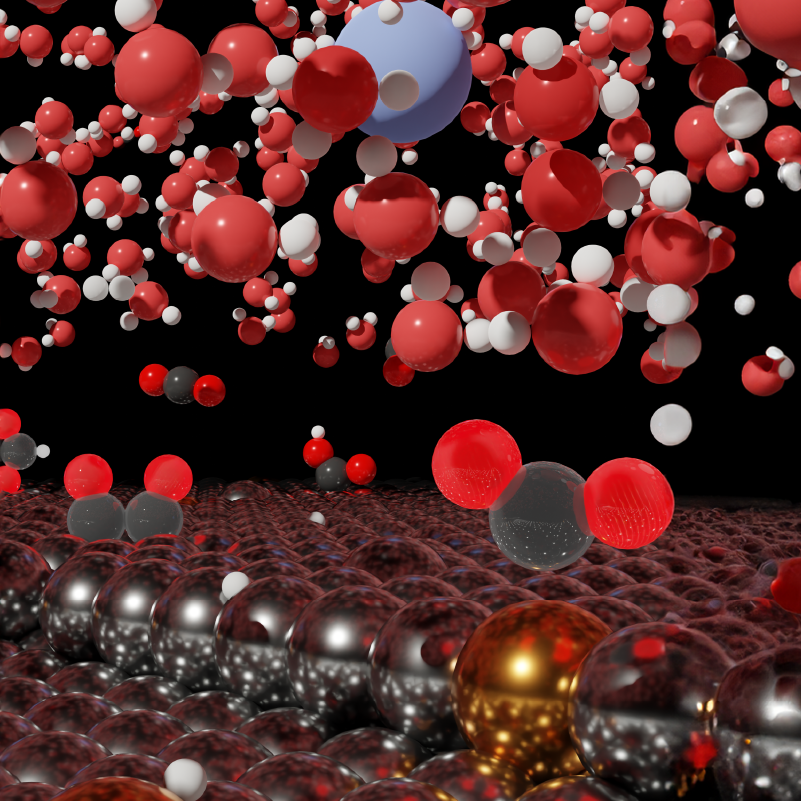
This activity focuses on the capture, separation and valorization of CO2 from combustion gases and other effluents, such as biogas, with the aim of facilitating the transition to a zero-carbon future. CO2 capture and separation are achieved using newly developed polymer and hybrid membranes, or column capture systems with functional ionic liquids. Our research group is dedicated to the synthesis of new polymers to be combined with inorganic fillers or ionic liquids for the preparation of mixed membranes specific for the separation of CO2. Furthermore, we develop ionic liquids both for use in membranes and for their use in separate capture systems. The valorization of CO2 is achieved through electrochemical reduction processes (CO2RR). Our group focuses primarily on the synthesis of new electro-catalysts to improve both the selectivity and efficiency of CO2RR. This involves designing catalysts with surface structures, compositions and active sites optimized for CO2 reduction. Following synthesis, we conduct an in-depth characterization of these materials to understand their structural, compositional, and electrochemical properties, using both ex situ and operando measurements. We also employ ab initio simulations to complement experimental investigations.
Our work in this area focuses primarily on power electronics, as they play a pivotal role in advancing transportation electrification, electrical energy production and advanced manufacturing. Our efforts aim to drive innovation across various sectors by achieving size reductions, increased speed, enhanced reliability, and higher power handling capabilities. Strategic applications include providing power conversion solutions for electric vehicle powertrains and chargers, optimizing energy production, and harvesting from renewables, and advancing three-phase and multi-phase electrical machines. Additionally, our group explores hardware-in-the-loop testing of power electronics and controllers, among other topics, through multidisciplinary collaboration with other departments.
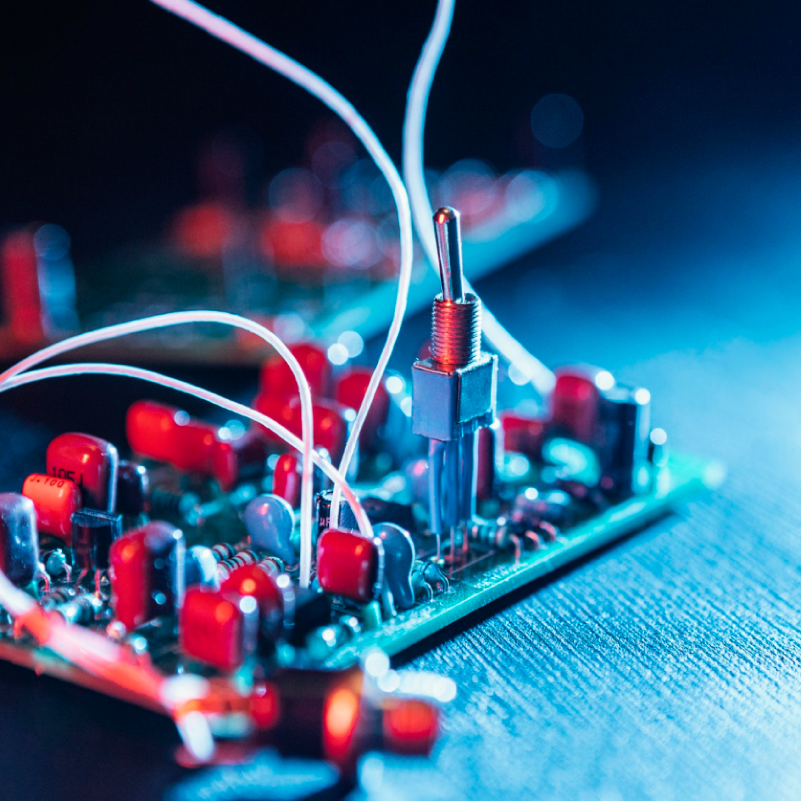
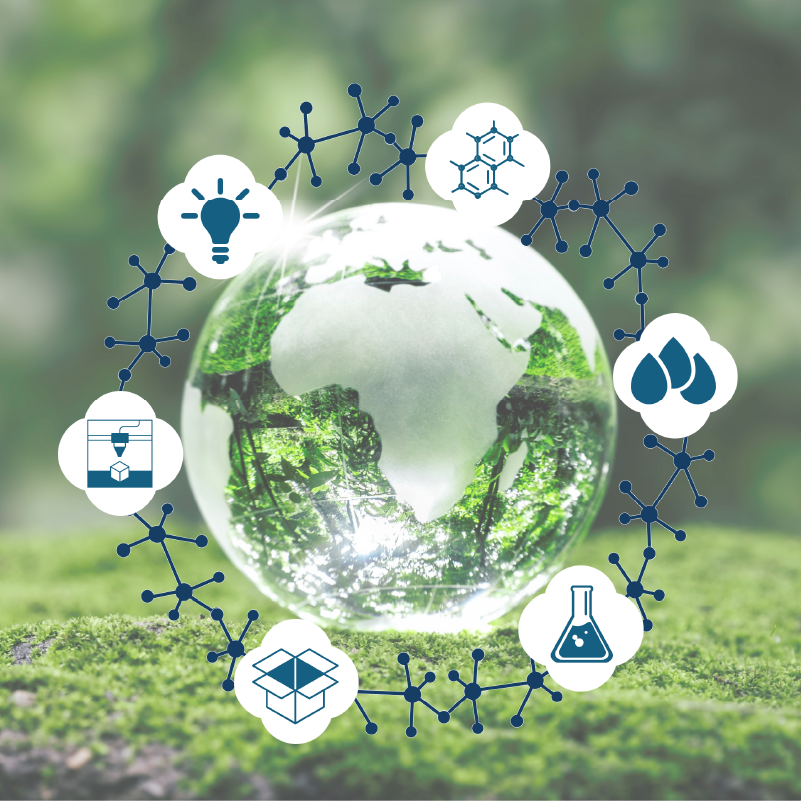
The development of sustainable materials is crucial for tackling global environmental and climate challenges. Our group develops new polymeric materials and thermoset composites that are used for films (coatings, adhesives, packaging), for electrospinning membranes (filters, biomedical devices, radiative cooling systems) and for 3D printing (stereolithography and Liquid Deposition Modeling). In view of sustainability, chemical structures are designed from bio-based and/or recycled precursors while fillers are of natural and/or recycled origin; the products developed are recyclable as they are synthesised by reversible cross-linking, the production processes involve photochemical initiation, minimising energy costs and avoiding the use of solvents.
